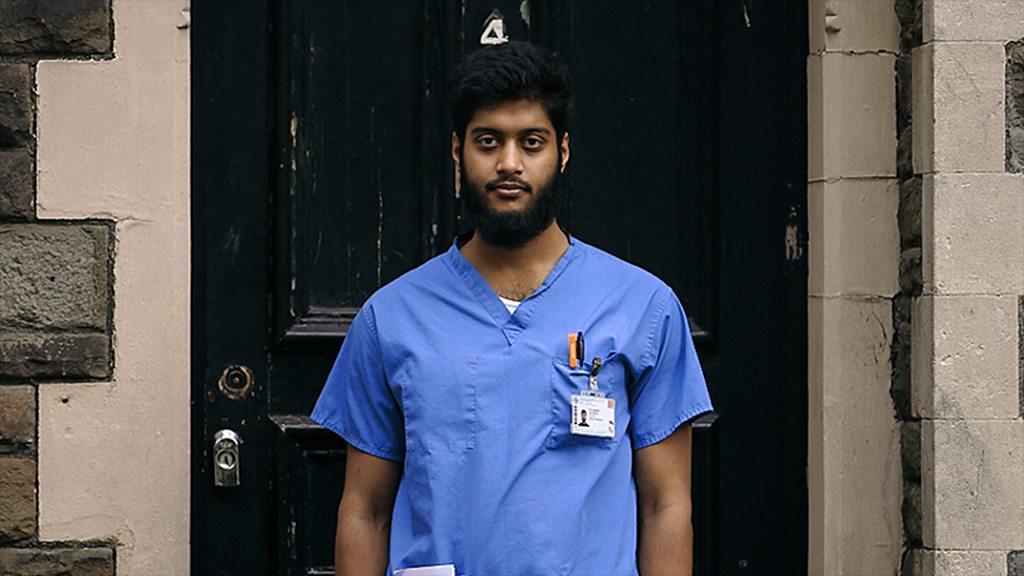Covid-19: Daily reported UK cases rise by a quarter
- Published
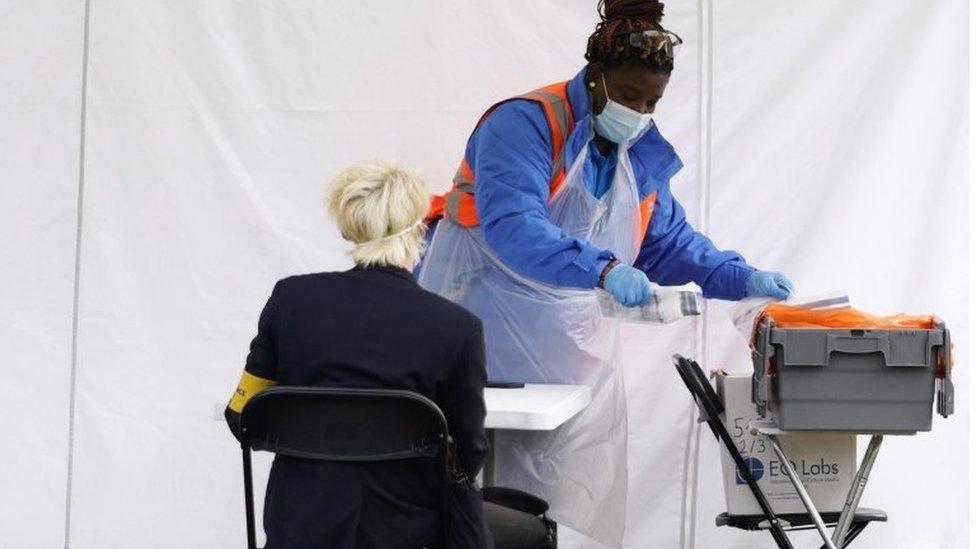
The number of daily reported Covid-19 cases has risen by a quarter, according to the latest UK government figures.
There have been 6,178 coronavirus cases in the UK in the last 24 hours, up 1,252 since Tuesday, and 37 deaths.
Yvonne Doyle, Public Health England's medical director, said it was "essential" the public followed the new measures brought in to curb the spread.
Tighter restrictions were announced across the UK on Tuesday, including a 22:00 closing time for pubs in England, external.
People are being told to work from home if they can, rules on face coverings have been expanded and the number of people allowed at weddings in England has been halved.
Hospitality venues in Scotland will also have to close early, but in Wales restrictions are limited to stopping alcohol sales at 22:00. Scotland and Northern Ireland have also gone further by limiting households from mixing indoors.
Meanwhile, Scotland recorded 486 new cases on Wednesday - the highest daily total since the pandemic began. First Minister Nicola Sturgeon said it was "a real cause for concern", although she added that more people were being tested now than at the peak of the outbreak.
In Wales there were a further 389 cases and in Northern Ireland there were 220 cases in the past 24 hours, external.

Reacting to the UK figures, Ms Doyle said: "New measures have been bought in to stop the spread of the virus and it is essential that you follow them.
"You should work from home if you can, must now wear a face covering in retail and hospitality settings, unless you are eating or drinking, and not be in a group larger than six people.
Announcing the tighter restrictions for England on Tuesday, Prime Minister Boris Johnson said they might have to stay in place for up to six months.
'National scandal'
At Prime Minister's Questions on Wednesday, Mr Johnson defended the NHS Test and Trace system, saying it was allowing the government to to see "in granular detail" where the epidemic was breaking out.
Sir Keir Starmer said the need for new Covid restrictions was not down to an "act of God" but a "failure of government"
In a televised response to the prime minister, Labour leader Sir Keir Starmer said he supported the further "necessary" restrictions introduced by the government.
But he said The government needed to "fix" testing "fast", saying: "It's a national scandal that we still don't have a testing system that works," and that was "the only way we can get control of the virus".
"The return of this virus, and the return of restrictions, are not an act of God," he added. "They're a failure of government."
Referring to reports of people struggling to get hold of coronavirus tests in recent weeks, Sir Keir said: "People shouldn't have to travel hundreds of miles to get a test for their child, for themselves or for their relatives."
Sir Keir also warned there could be a "wave of job losses this winter" if the government didn't provide the right economic support when the furlough scheme ended.
Chancellor Rishi Sunak is to make an announcement on Thursday about what happens after the scheme expires at the end of October.


We should be very careful about reading too much into a single day's rise - the jump of more than 1,000 is rapid and if repeated would mean daily case numbers doubling in less than a week. But figures can fluctuate from day to day.
Nonetheless, the UK has been warned it should be prepared for cases to continue growing. The figure for new cases is well below what was seen at the peak, which was estimated at 100,000 cases a day. We don't know for sure, since a lack of testing meant the system was only picking up the tip of the iceberg then.
Clearly we are not picking up all the cases now - the evidence from last week's surveillance report suggested perhaps only half were being identified by the testing programme.
What matters now is whether this scale of rise is repeated in the coming days and weeks - and how that translates into hospitalisations and deaths, both of which are going up too.
The data from Spain and France suggests that sharp rises can slow, and upward trends in admissions to hospital can be reversed.
But, make no mistake, the UK is entering a crucial point in the battle against the virus.

Earlier Foreign Secretary Dominic Raab defended the "balanced, targeted and proportionate" new coronavirus measures amid criticism from some scientists.
Prof John Edmunds, who advises the government, said they did not go "anywhere near far enough", casting doubt on the changes of the R number - which measures how quickly the virus is spreading - being below one by Christmas.
"To slow the epidemic down will mean putting the brakes on very hard. I suspect we will see very stringent measures coming in through the UK but it will be too late," he warned.


THE R NUMBER: What it means and why it matters
SOCIAL DISTANCING: What are the rules now?
FACE MASKS: When do I need to wear one?
LOOK-UP TOOL: How many cases in your area?


Prof Peter Openshaw, a fellow member of the government's Scientific Advisory Group for Emergencies (Sage), said a ban on households mixing indoors in England "ought to be instituted sooner rather than later", adding, "If we wait two or three weeks, it will be too late."
The government's chief medical adviser, Prof Chris Whitty, also believes it is inevitable England will to have to follow Scotland's latest move, according to the Times, external.
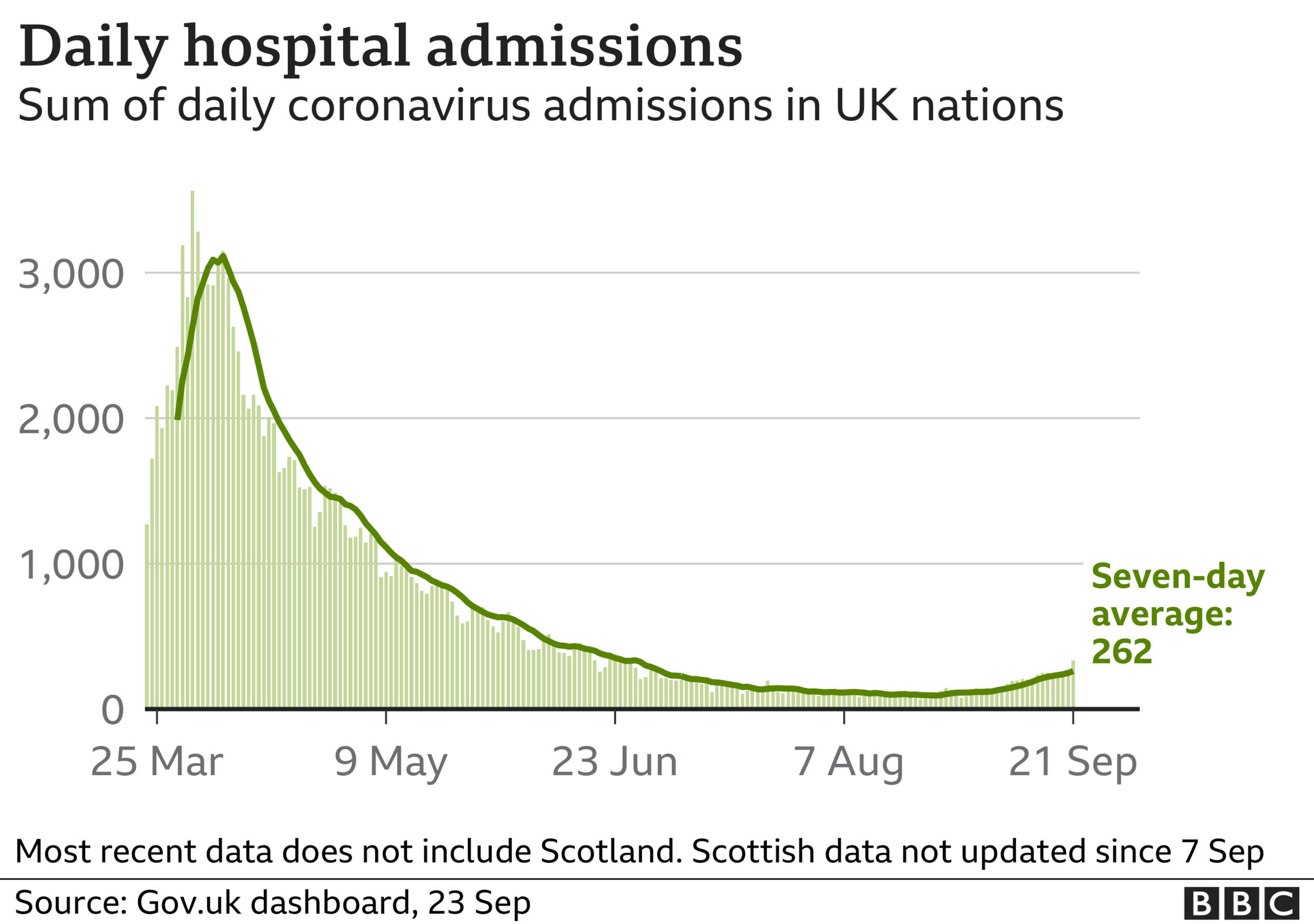
Another scientist, Prof Carl Heneghan, from Oxford University, said it was important to give the new measures time to work, maintain a clear and consistent public message and not to panic.
The latest R estimate for the whole of the UK is between 1.1 and 1.4.
Collective health depended on "individual behaviour", Mr Johnson said

What are the new rules?
In England:
Office workers are being told to work from home again if possible
Penalties for not wearing a mask or gathering in groups of more than six will increase to £200 on the first offence
From Thursday 24 September, all pubs, bars and restaurants will be restricted to table service only. Takeaways can continue
Also from Thursday, hospitality venues must close at 22:00 - which means shutting then, not calling for last orders
Face coverings must be worn by all taxi passengers from Wednesday
Retail staff and customers in indoor hospitality venues will have to wear masks from Thursday, except when seated at a table to eat or drink
From Monday 28 September, only 15 people will be able to attend a wedding or civil partnership ceremony, in groups of six. Funerals can still take place with up to 30 people
Also from 28 September, you can only play adult indoor sports in groups of no more than six
The planned return of spectators to sports venues will now not go ahead from 1 October
In Scotland:
People across Scotland are being advised not to visit other households indoors from Wednesday 23 September onwards. This will become law from Friday
There will be exceptions for those living alone, or alone with children, who form extended households. The rules will also not apply to couples who do not live together, to tradespeople or for the provision of informal childcare - such as by grandparents
From Friday, pubs and restaurants will have to close by 22:00
The first minister urged people not to book overseas travel for the October school holiday
In Wales:
Pubs, cafes and restaurants in Wales will have to stop serving alcohol at 22:00 from Thursday - and sales of alcohol from off-licences and supermarkets will also be stopped after that time
Pubs will also be limited to table service only
In Northern Ireland:
From now, people cannot meet anyone who they don't live with inside their home
There are only limited exceptions., external


THE LIFE SCIENTIFIC: In charge of one the most successful Covid-19 vaccine projects in the world
YOUR WORK, YOUR MONEY: Financial help if you’re forced to quarantine

How will the new rules affect you? Tell us by emailing haveyoursay@bbc.co.uk, external.
Please include a contact number if you are willing to speak to a BBC journalist. You can also get in touch in the following ways:
WhatsApp: +44 7756 165803, external
Tweet: @BBC_HaveYourSay, external
Or fill out the form below
Please read our terms & conditions and privacy policy
If you are reading this page and can't see the form you will need to visit the mobile version of the BBC website to submit your question or comment or you can email us at HaveYourSay@bbc.co.uk, external. Please include your name, age and location with any submission.
- Published16 March 2022
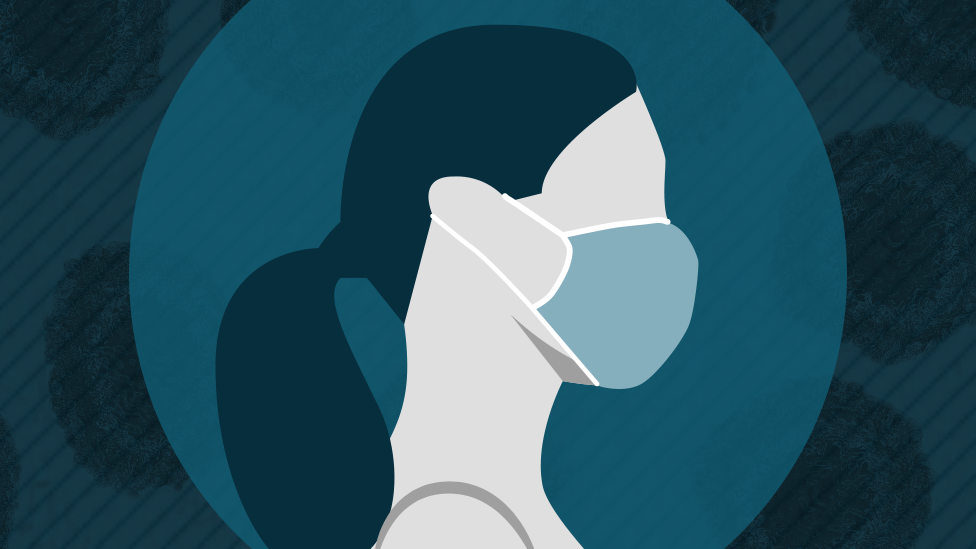
- Published25 January 2022
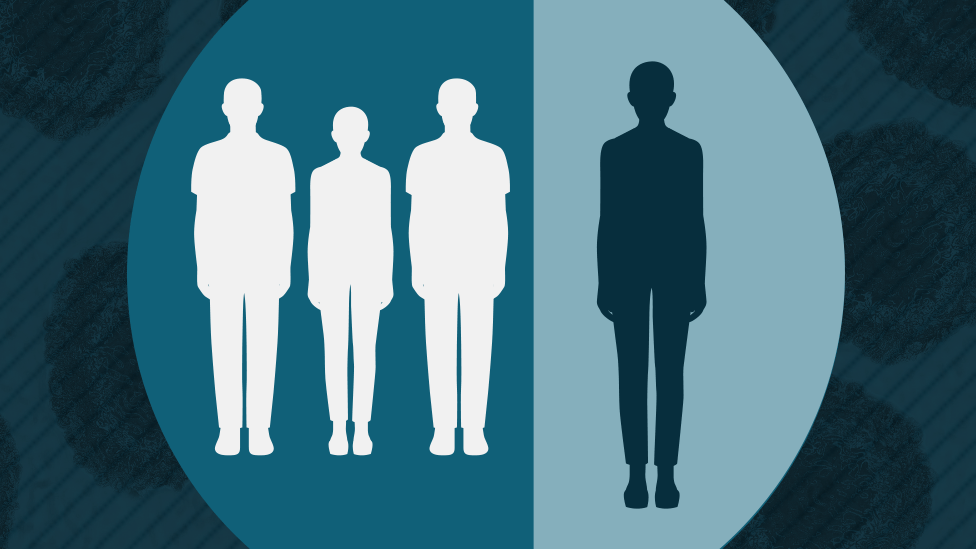
- Published5 July 2023

- Published13 December 2021
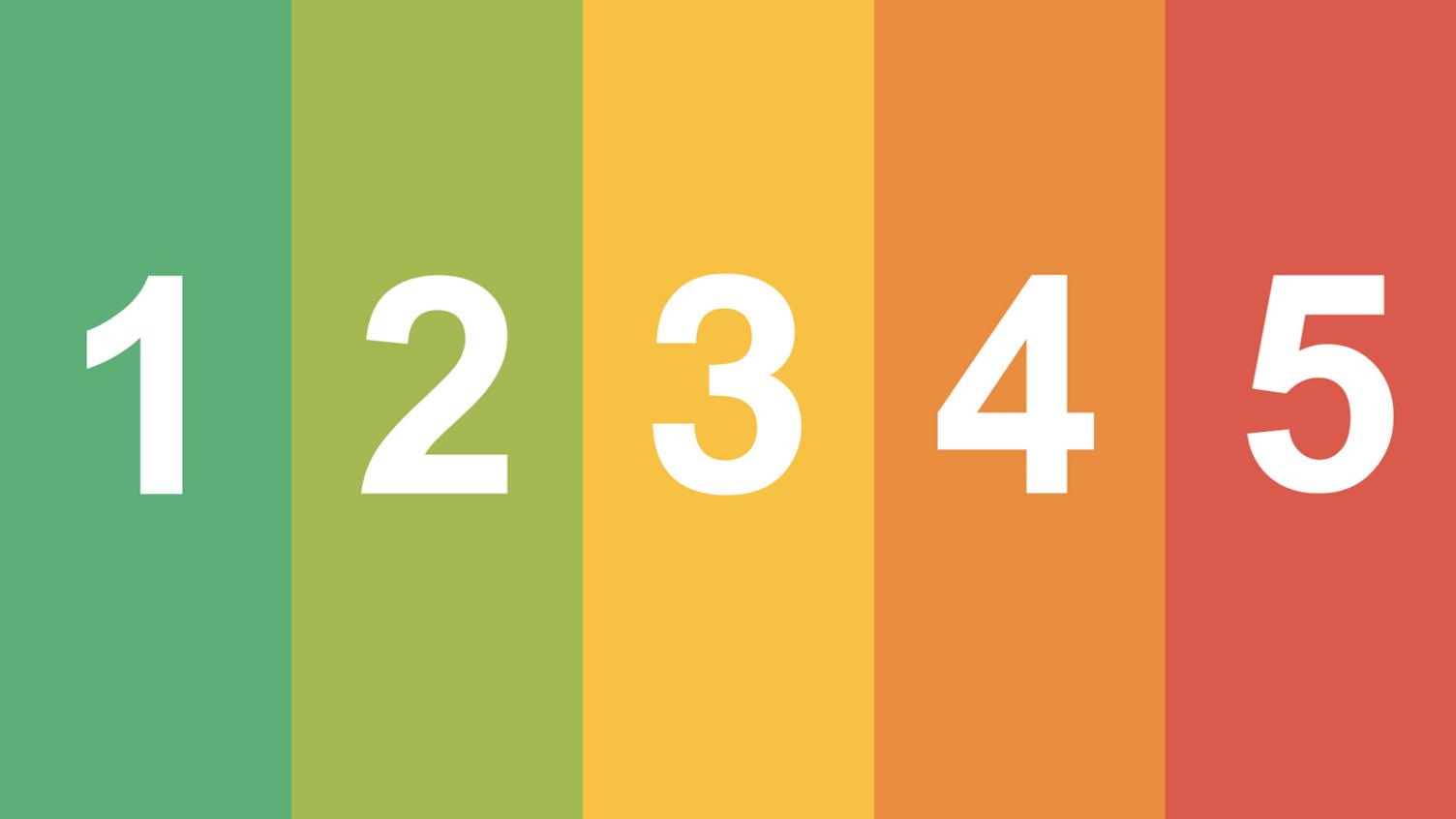
- Published23 September 2020
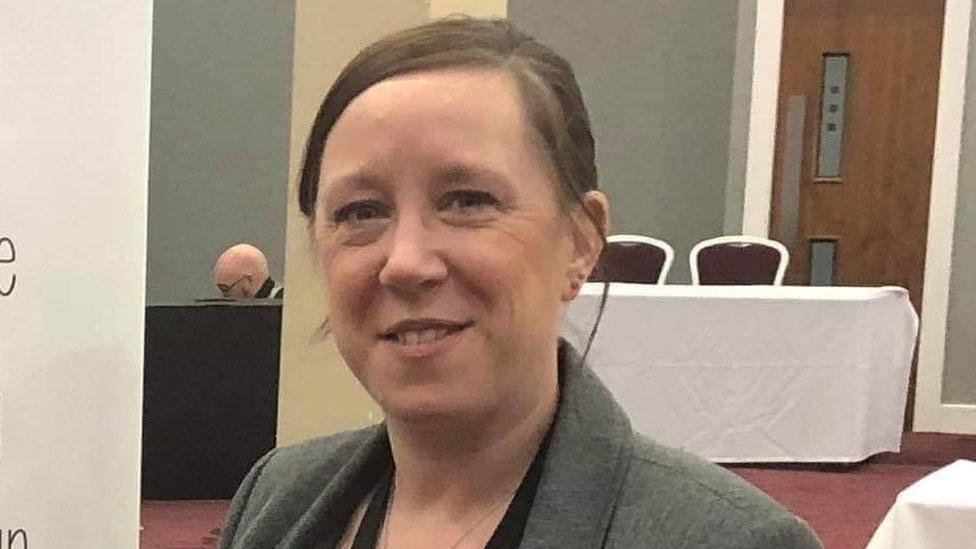
- Published23 September 2020
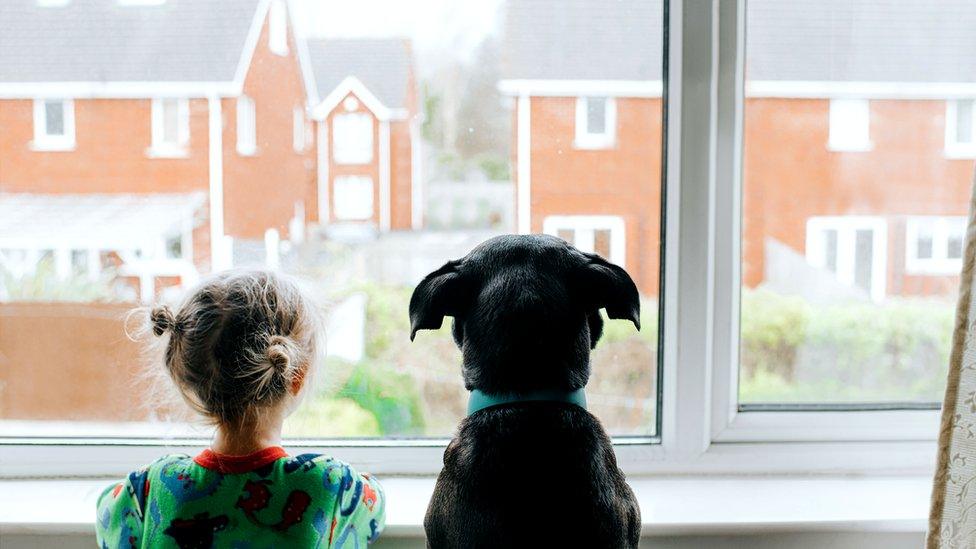
- Published23 September 2020
